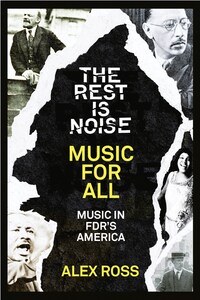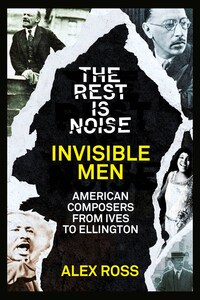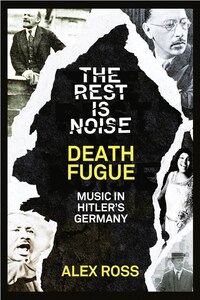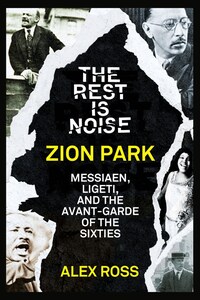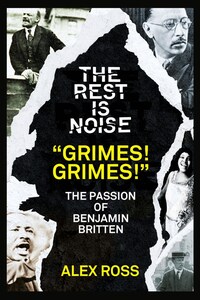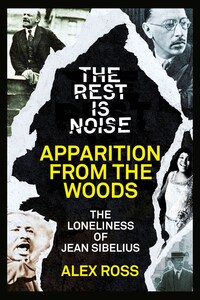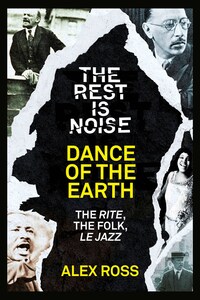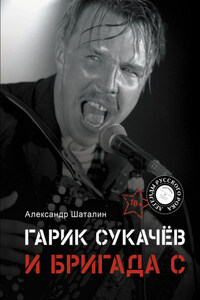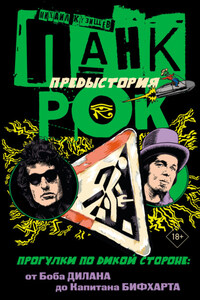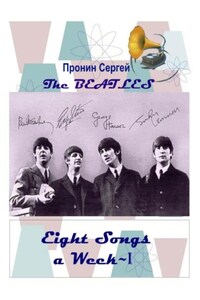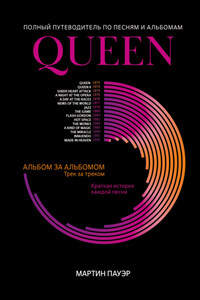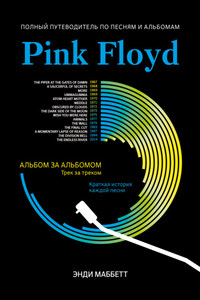MUSIC FOR ALL
Music in FDR’s America
In 1934, Arnold Schoenberg moved to California, bought a Ford sedan, and declared, “I was driven into Paradise.” By the beginning of the forties, when the Soviet Union, Nazi Germany, and their respective satellites controlled Europe from Madrid to Warsaw, crowds of cultural luminaries sought refuge in the United States, and they were greeted by a significant irony. Europeans had long depicted America as a wilderness of vulgarity; the cult of the dollar had driven Gustav Mahler to an early grave, or so his widow claimed. Now, with Europe in the grip of totalitarianism, America had unexpectedly become the last hope of civilization. The impresario and Zionist activist Meyer Weisgal, in a telegram to the Austrian director Max Reinhardt, put it this way: “IF HITLER DOESN’T WANT YOU I’LL TAKE YOU.” Many leading composers of the early twentieth century—Schoenberg, Stravinsky, Bartók, Rachmaninov, Weill, Milhaud, Hindemith, Krenek, and Eisler, among others—settled in the United States. Entire artistic communities of Paris, Berlin, and the former St. Petersburg reconstituted themselves in neighborhoods of New York and Los Angeles. Alma Mahler was herself among the refugees; she escaped the German invasion of France by hiking across the Pyrenees with her latest husband, Franz Werfel, and by the end of 1940 she was living on Los Tilos Road in the Hollywood Hills.
That such disparate personalities as the White Russian Stravinsky and the hard-core Communist Eisler could feel temporarily at home in America was a tribute to the inclusive spirit of Franklin Delano Roosevelt, who served as president from 1933 until his death in 1945. A patrician with a populist flair, Roosevelt embodied what came to be known as the “middlebrow” vision of American culture—the idea that Democratic capitalism operating at full tilt could still accommodate high culture of the European variety.
Back in 1915, the critic Van Wyck Brooks had complained that America was caught in a false dichotomy between “highbrow” and “lowbrow,” between “academic pedantry and pavement slang.” He called for a middle-ground culture that would fuse intellectual substance with communicative power. In the thirties, the middlebrow became something like a national pastime: symphonic music was broadcast on the radio, literary properties furnished plots for Hollywood A pictures, novels by Thomas Mann and other émigrés were disseminated through the Book-of-the-Month Club.
The influx of European genius coincided with an upsurge of native composition. Pay no heed to the muses of Europe, Ralph Waldo Emerson had told American artists and intellectuals in 1837; by the 1940s the muses were studying for U.S. citizenship exams, and young American composers had found their voice. Aaron Copland wrote music in praise of the Wild West, Abraham Lincoln, rodeos, and Mexican saloons. Alongside Samuel Barber, Roy Harris, Marc Blitzstein, and other more or less like-minded colleagues, Copland reached out to a new mass public with the aid of radio, recording, and film, and, surprisingly, the U.S. government itself. The Works Progress Administration, inaugurated in 1935, launched an ambitious scheme of federal arts projects, and some ninety-five million people were said to have attended presentations by the Federal Music Project over a two-and-a-half-year period. The Democratic masses were evidently taking hold of an art that had long been the property of the elite.
Hence the exhilaration that Blitzstein felt in 1936, when he wrote an article titled “Coming—the Mass Audience!” for the magazine Modern Music: “The great mass of people enter at last the field of serious music. Radio is responsible, the talkies, the summer concerts, a growing appetite, a hundred things; really the fact of an art and a world in progress. You can no more stop it than you can stop an avalanche.”
The mass audience came, but it did not remain. No sooner had classical music entered the mainstream arena than it began to face insurmountable obstacles. One problem was political. Populists of Blitzstein’s type subscribed not just to the vaguely social-Democratic rhetoric of Roosevelt’s New Deal but also to the semi-Communistic doctrines of the Popular Front. When the New Deal came under political attack in 1938, Roosevelt promptly retreated, letting the federal arts projects collapse, and suddenly the picture was a lot less pretty.
